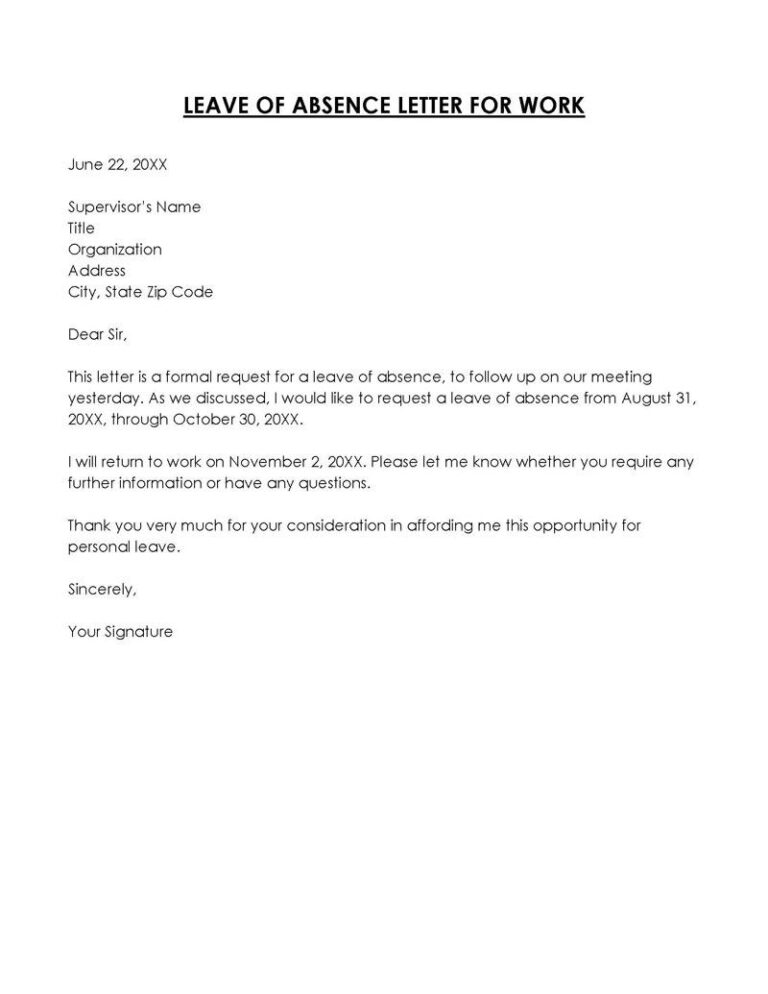Texas Community Colleges Adjust Curriculum Amid New Gender Identity Policies
Curricular Changes in Texas Community Colleges Following State Gender Identity Directives
In light of recently enacted state policies addressing gender identity, multiple community colleges across Texas have revised their course offerings by removing materials that discuss transgender and non-binary topics. These adjustments are part of a broader statewide effort to regulate how gender diversity is presented within educational environments. College administrators have stated that these changes are necessary to align with state mandates, though the decisions have ignited considerable discussion among educators, students, and advocacy organizations about the implications for academic freedom and campus inclusivity.
Specific measures implemented include:
- Withdrawing textbooks and articles that focus on transgender and non-binary narratives
- Limiting classroom conversations related to gender identity issues
- Updating syllabi to conform with new state educational standards
| Institution | Removed Content | Justification |
|---|---|---|
| Central Texas Community College | Two textbooks, five scholarly articles | Adherence to updated legal requirements |
| Eastside Community College | Lecture presentations, digital learning modules | Preventing conflicts with state policies |
| Southwest Technical College | Supplementary reading materials | Undergoing administrative content review |
Reactions from Students and Faculty: A Campus-Wide Dialogue Emerges
The abrupt elimination of gender identity-related educational resources has provoked concern among both students and faculty members. Many students report feelings of marginalization and uncertainty, fearing that the absence of these materials reduces vital support systems for LGBTQ+ individuals on campus. Faculty members have voiced apprehension about the erosion of academic freedom and the narrowing of educational scope due to administrative constraints. This controversy has sparked campus forums and discussions, with advocates urging for greater openness and inclusivity in policy implementation.
Faculty responses range from cautious syllabus revisions to outspoken criticism of the imposed limitations on teaching content. Students have mobilized through petitions and organized events to advocate for the reinstatement of diverse perspectives, emphasizing the role of inclusive education in fostering critical thinking. Recent surveys highlight the primary concerns and proposed solutions from key campus groups:
| Stakeholder | Main Concern | Recommended Action |
|---|---|---|
| Students | Insufficient representation and support | Reinstate inclusive educational materials |
| Faculty | Constraints on academic freedom | Participate in policy evaluation |
| Administrators | Ensuring compliance with state laws | Enhance transparency in decision-making |
- Promoting respectful dialogue: Advocating for structured classroom discussions on gender identity.
- Clarifying policy rationale: Calls for administrators to openly communicate the basis for curricular changes.
- Expanding support services: Increasing resources dedicated to marginalized student populations.
Insights from Legal and Educational Authorities on Academic Freedom and Inclusivity
Legal experts warn that removing gender identity content raises critical questions about constitutional protections related to free speech and academic freedom. They caution that restricting access to diverse viewpoints may not only compromise educational integrity but also expose institutions to potential legal challenges under Title IX and First Amendment provisions. A leading education law expert remarked, ‚ÄúEducational institutions must carefully balance inclusivity with the preservation of open inquiry, ensuring that policies do not unintentionally silence vital conversations about identity and diversity.‚ÄĚ
Meanwhile, scholars in education emphasize the importance of inclusive curricula that authentically represent the experiences of all students, including those from LGBTQ+ communities. They advocate for faculty discretion in selecting course materials essential for a well-rounded education, warning that sweeping censorship could:
- Hinder the development of critical thinking by limiting engagement with current social issues
- Reduce cultural competence necessary for success in increasingly diverse professional environments
- Disproportionately impact students from marginalized backgrounds
| Expert Category | Primary Concern | Possible Consequences |
|---|---|---|
| Legal Advisors | Protection of Free Speech | Risk of lawsuits and policy disputes |
| Educational Researchers | Preservation of Curriculum Quality | Decreased inclusivity and student disengagement |
Strategies for Harmonizing Policy Compliance with Inclusive Educational Practices
Achieving a balance between state policy adherence and nurturing inclusive, supportive academic environments demands transparent communication among educators, administrators, and students. Institutions are encouraged to offer ongoing professional development that equips faculty with tools to address sensitive topics within regulatory frameworks. Additionally, establishing safe and accessible channels for student input can help institutions understand the real-world impact of policy changes and address concerns related to exclusion or bias proactively.
Recommended approaches include:
- Creating context-sensitive teaching materials that comply with regulations while encouraging empathy and critical analysis.
- Adopting interdisciplinary methods to explore complex societal issues without isolating specific identities.
- Maintaining openness about curriculum modifications to foster student understanding and trust.
- Providing supplementary resources for students seeking broader perspectives beyond mandated content.
| Initiative | Expected Benefit |
|---|---|
| Faculty Development Workshops | Improves compliance and encourages inclusive conversations |
| Student Feedback Mechanisms | Identifies concerns and promotes engagement |
| Contextualized Educational Resources | Supports critical thinking within policy limits |
| Transparent Communication Practices | Builds campus-wide trust and clarity |
Final Thoughts: Navigating the Intersection of Policy and Inclusivity in Texas Education
The ongoing discourse surrounding academic freedom and inclusivity in Texas community colleges underscores the complex challenges of integrating gender identity topics within educational frameworks. While supporters of the recent curricular changes argue they reflect community values and parental input, opponents caution that such restrictions may curtail essential dialogues and limit students’ exposure to diverse viewpoints. As Texas continues to serve as a focal point for these debates, the outcomes of these policy shifts will likely influence broader national conversations about the role of education in addressing identity, diversity, and inclusion.




